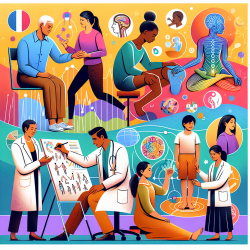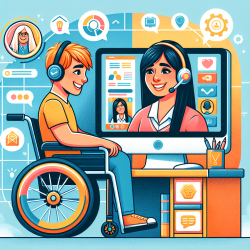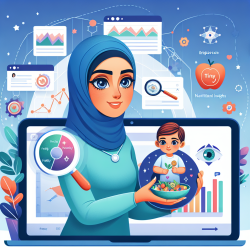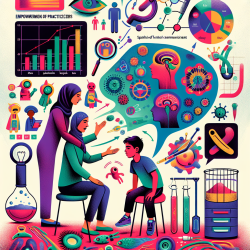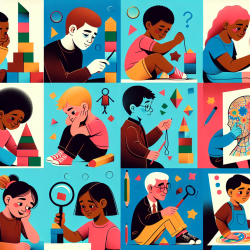In the realm of pediatric chronic pain management, multidisciplinary approaches have emerged as pivotal in addressing the complex needs of youth and their families. A recent qualitative study titled "Youth and Parent Perceptions on Participating in Specialized Multidisciplinary Pain Rehabilitation Options" provides valuable insights into the experiences of those involved in intensive interdisciplinary pain treatment (IIPT) and multimodal treatment (MMT). This research offers practitioners a deeper understanding of both the benefits and challenges associated with these specialized interventions.
The Research Overview
The study conducted by Hurtubise et al. aimed to explore the treatment effects, outcomes, and impacts as perceived by youth with pain-related disabilities and their parents. Through a qualitative timeline effect analysis, the researchers gathered narratives from participants who had undergone either IIPT or MMT. The findings revealed a range of themes that spanned the treatment journey, from initial struggles to post-discharge realities.
Key Themes and Practitioner Takeaways
1. Struggles Before Treatment
Youth and parents often face significant challenges before accessing specialized services. The lack of clear diagnoses and increasing disability can lead to frustration and emotional distress. Practitioners should be aware of these pre-treatment struggles to better empathize with families and tailor interventions accordingly.
2. Acquisitions During Treatment
The acquisition of knowledge, skills, and support during treatment was highlighted as a major benefit. For IIPT participants, daily interactions with peers facing similar challenges fostered a sense of community and understanding. Practitioners can enhance their practice by facilitating peer support networks within treatment programs.
3. Post-Discharge Realities
Post-treatment, many participants experienced a loss of support as they transitioned back to everyday life. This highlights the need for ongoing support mechanisms post-discharge. Practitioners should consider implementing follow-up sessions or community-based resources to help families maintain progress.
4. Empowerment Through Self-Management
IIPT participants reported increased confidence in self-management skills, which was less evident in MMT participants. This suggests that intensive programs may better equip youth for long-term management of their condition. Practitioners should focus on empowering patients through education and skill-building activities.
Challenges Highlighted by Participants
- Disconnection from Daily Life: Intensive programs like IIPT can lead to temporary disconnection from school and social networks, which may impact academic performance and social development.
- Lack of Ongoing Support: The transition back to normal life without continued support can be challenging for families.
- Differing Outcomes: While IIPT participants often felt empowered post-treatment, MMT participants struggled more with self-implementation of strategies.
Encouraging Further Research
This study underscores the importance of understanding both positive outcomes and potential challenges within multidisciplinary pain rehabilitation programs. Practitioners are encouraged to delve deeper into qualitative research to refine their approaches and ensure comprehensive care for patients with chronic pain conditions.
To read the original research paper, please follow this link: Youth and parent perceptions on participating in specialized multidisciplinary pain rehabilitation options: A qualitative timeline effect analysis.
